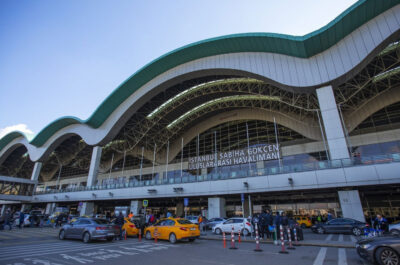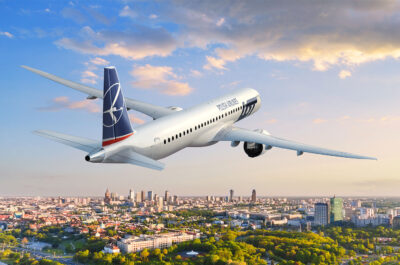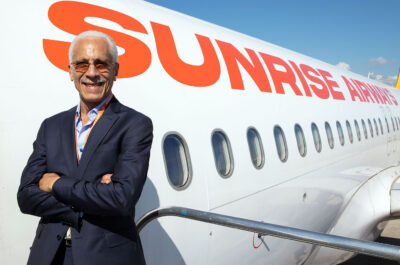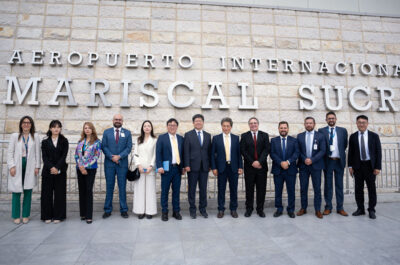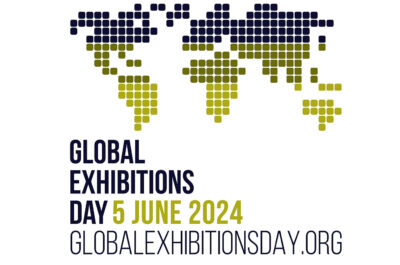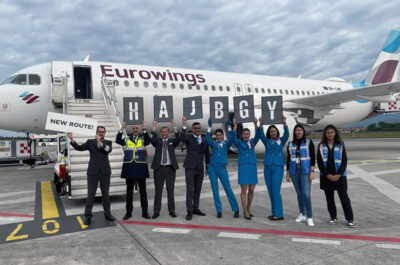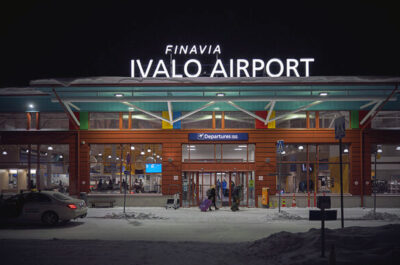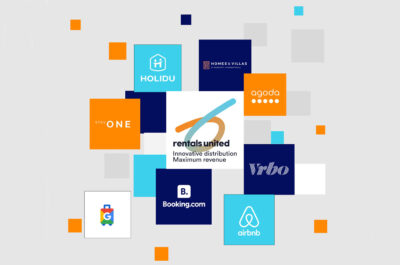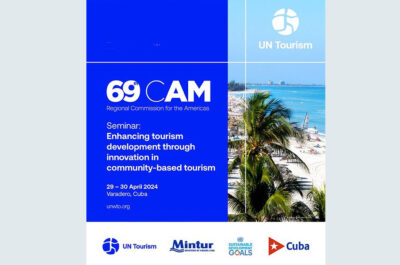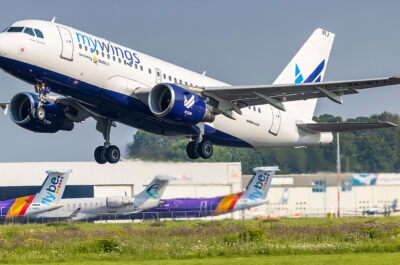Technology has revolutionized the travel industry, empowering travelers with more control, convenience, and personalization.
Technology has revolutionized every aspect of our lives, including how we travel. Gone are the days of relying solely on travel agents and guidebooks to plan our trips. With the advent of high-speed internet and breakthroughs in technology, travelers now have the power to book their flights, hotels, and even stay in someone else’s home through platforms like Airbnb. This shift has given travelers more control and flexibility and disrupted the traditional travel industry.
The role of mobile technology
Mobile technology has played a crucial role in transforming the travel industry. With smartphones becoming an essential part of our daily lives, travelers now have access to information and services at their fingertips. Mobile apps have allowed travelers to book flights, hotels, and activities on the go, making planning more convenient and efficient. Mobile cyber security tools ensure travelers are safe on the go.
One of those mobile apps is VPN. VPNs have become a game-changer in the travel industry. They offer travelers a safe way to use the internet, especially on public Wi-Fi in hotels and airports. Plus, with a VPN such as ExpressVPN, travelers can easily access their favorite shows, apps, and websites from back home, no matter where they are in the world.
Furthermore, mobile technology has enabled services like mobile boarding passes and digital keys. Instead of relying on physical documents, travelers can use their smartphones to check in for flights, access hotel rooms, and even make payments. These advancements have streamlined the travel experience and reduced the need for paper-based processes, making travel more sustainable.
The rise of online travel agencies
One of the most significant changes technology brings is the rise of online travel agencies (OTAs). These platforms, such as Expedia, Booking.com, and Kayak, have become the go-to resources for travelers looking to compare prices, read reviews, and book their accommodation, flights, and car rentals. The convenience and transparency provided by these platforms have made them increasingly popular among consumers.
In addition to OTAs, airlines and hotels have embraced the digital revolution by offering direct bookings through their websites. This shift allowed them to bypass traditional distribution channels and sell directly to customers. The rise of low-cost carriers and the increasing availability of online bookings have made it easier for travelers to find and book the best trip deals.
Personalization and customization
Another significant impact of technology on the travel industry is the ability to personalize and customize the travel experience. Through data collection and analysis, travel companies can gain insights into customers’ preferences, allowing them to offer personalized recommendations and tailored experiences. This personalization can range from suggesting relevant destinations and activities based on past travel history to providing customized offers and promotions.
Technology has also made it easier for travelers to share their experiences and recommendations with others. Social media platforms and online review sites have empowered travelers to share their opinions and photos, influencing the decisions of other potential travelers. This word-of-mouth marketing has become a powerful tool for travel companies, as positive reviews and recommendations can significantly impact their reputation and business.
The rise of sharing economy platforms
One of the most disruptive innovations in the travel industry has been the rise of sharing economy platforms like Airbnb. These platforms allow individuals to rent out their homes or spare rooms to travelers, providing a more unique and local experience compared to traditional hotels. The sharing economy has given travelers more options and affordability and allowed individuals to monetize their assets and generate additional income.
However, the rise of sharing economy platforms has also raised concerns and challenges for the travel industry. Traditional hotels and accommodations have had to adapt to compete with these new players, offering unique experiences, loyalty programs, and enhanced services. Regulatory issues and concerns over safety and security have also been raised, requiring governments and industry stakeholders to create frameworks and regulations to ensure consumer protection.
Sustainable travel and environmental impact
Technology has also significantly impacted sustainability efforts in the travel industry. The ability to book travel online and access digital documents has reduced the need for paper-based processes, resulting in less waste and environmental impact. Additionally, advancements in transportation technology, such as electric vehicles and more fuel-efficient aircraft, have contributed to reducing the carbon footprint of travel.
Furthermore, technology has enabled the rise of virtual conferences and remote work, reducing the need for business travel and its associated environmental impact. Video conferencing platforms like Zoom have helped individuals and businesses to connect and collaborate without physical travel, promoting more sustainable practices.
The future of travel technology
Emerging technologies such as artificial intelligence (AI), virtual reality (VR), and blockchain can transform travel experience. AI-powered chatbots and virtual assistants can provide personalized recommendations and assistance throughout the travel journey, while VR can offer immersive previews of destinations and accommodations. Blockchain technology can enhance industry security, transparency, and trust, making payments and identity verification more efficient and secure.
Additionally, the Internet of Things (IoT) has the potential to create a more seamless and connected travel experience. Smart devices and sensors can provide real-time information on traffic, weather, and other relevant data, allowing travelers to make informed decisions and adjust their plans accordingly. Additionally, IoT can enable smart hotel rooms and destinations, where everything from room temperature to lighting can be personalized and controlled through mobile devices.
In conclusion, technology has revolutionized the travel industry, empowering travelers with more control, convenience, and personalization. From the rise of online travel agencies and mobile technology to the emergence of sharing economy platforms and sustainable travel initiatives, technology has reshaped how we plan, book, and experience travel. As technology advances, the future of the travel industry holds even more exciting possibilities for travelers and businesses alike.
Disclaimer: The information provided in this article is based on research from various sources and is for informational purposes only. The views and opinions expressed in this article do not necessarily reflect the official policy or position of any specific company mentioned. Readers are advised to do their own research and analysis before making any decisions related to the travel industry.
